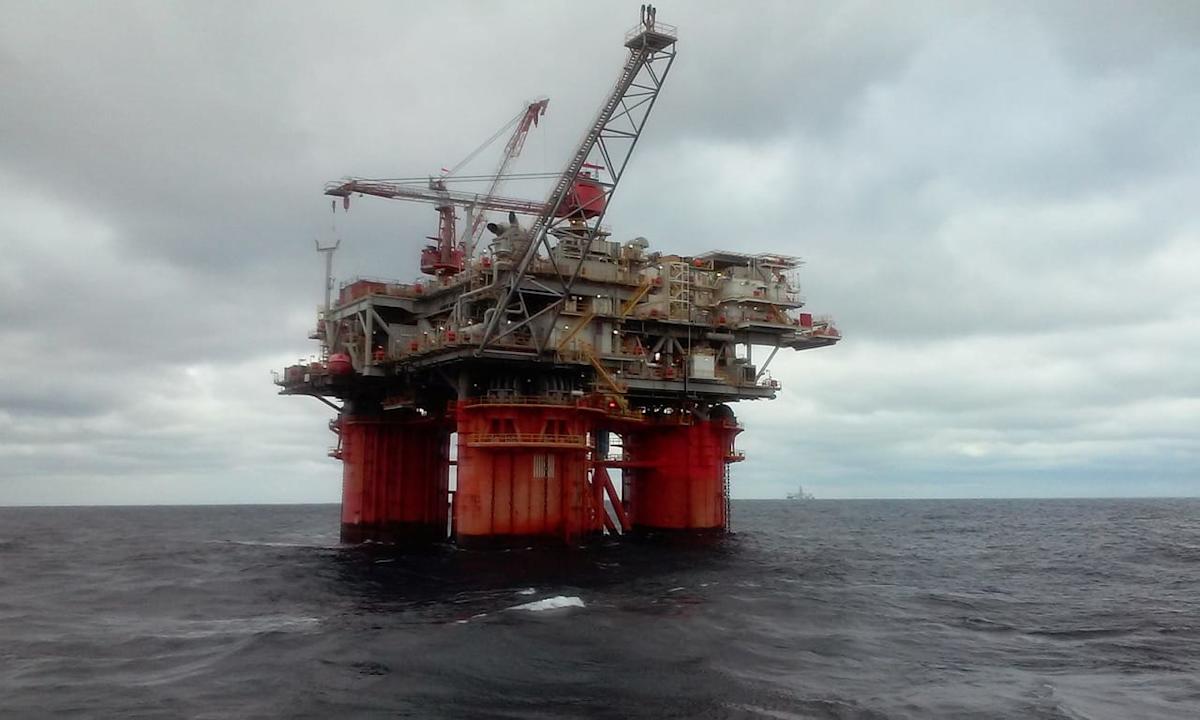Floating oil rig in ocean by Keri Jackson via Pixabay
August WTI crude oil (CLQ25) today is down -1.01 (-1.50%), and August RBOB gasoline (RBQ25) is down -0.0306 (-1.44%).
Crude oil and gasoline prices today are falling for a second session, with gasoline dropping to a 2-week low. Crude oil prices are being undercut by concern that President Trump’s tariff policies will lead to slower global economic growth and reduced energy demand. President Trump recently said that reciprocal tariffs will increase on August 1 for countries that have not clinched trade deals with the US. Today’s weaker dollar is helping to limit losses in crude oil prices.
Today’s global economic news was negative for energy demand and crude prices. The US July Richmond Fed manufacturing index unexpectedly fell -12 points to an 11-month low of -20, weaker than expectations of an increase to -2. Also, the ECB’s quarterly Bank Lending Survey stated that loan demand in the Eurozone remained weak in Q2.
Weighing on crude is the outlook for Iraq to boost crude exports from its northern Kurdish region through the Iraq-Turkey pipeline, where oil exports have been halted since March 2023. The Iraqi government approved a plan for the semi-autonomous Kurdish region to resume oil exports. Kurdistan expects to supply Iraq’s crude market with 230,000 bpd of crude once exports resume. Iraq is the second-largest oil producer in OPEC.
Crude prices have carryover support from last Friday when the European Union approved fresh sanctions on Russian oil due to its aggression against Ukraine. The sanctions package includes cutting off 20 more Russian banks from the international payments system SWIFT, as well as restrictions imposed on Russian petroleum refined in other countries. A large oil refinery in India, part-owned by Russia’s Rosneft PJSC, was also blacklisted. Additionally, 105 more ships in Russia’s shadow fleet were sanctioned, pushing the number of sanctioned ships above 400.
Concern about a global oil glut is negative for crude prices. On July 5, OPEC+ agreed to raise its crude production by 548,000 barrels per day (bpd) beginning August 1, exceeding expectations of a 411,000 bpd increase. Saudi Arabia also stated that additional similar-sized increases in crude output could follow, which is viewed as a strategy to reduce oil prices and penalize overproducing OPEC+ members, such as Kazakhstan and Iraq. OPEC+ is boosting output to reverse the 2-year-long production cut, gradually restoring a total of 2.2 million bpd of production by September 2026. On May 31, OPEC+ agreed to a 411,000 bpd increase in crude production for July, following the same 411,000 bpd hike for June. June crude production rose +360,000 bpd to a 1.5-year high of 28.10 million bpd.
Story Continues
